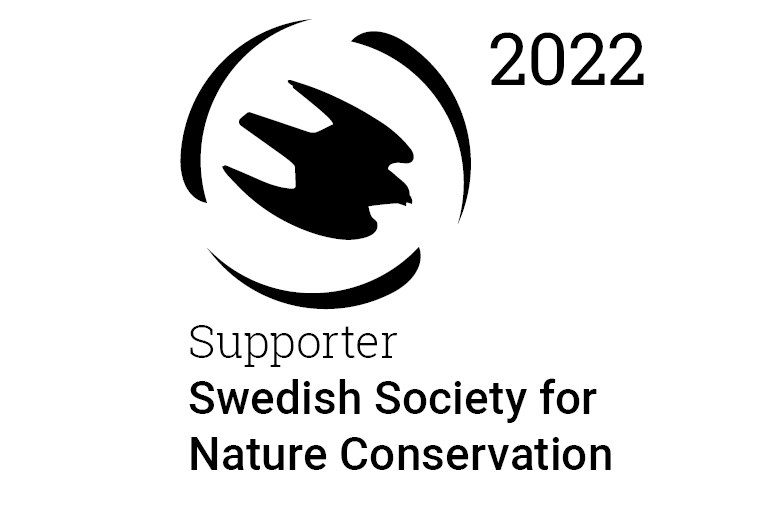- Home
- GPC Singapore
Login
Forget Password
News

Singapore lists several hazardous substances under the Rotterdam and Stockholm conventions on 2 occasions
Nov-04-2022
During the month of September 2022, the National Environment Agency of Singapore has proposed regulations on hazardous substances on 2 different occasions.
On 23 September 2022 the following three substances/groups of substances were regulated as hazardous substances under the Environmental Protection and Management Act (EPMA) and the Environmental Protection and Management (Hazardous Substances) (EPM(HS)) Regulations.
- decabrominated diphenyl ether (decaBDE)
- pentadecafluorooctanoic acid (PFOA), its salts and PFOA-related compounds
- perfluorohexane sulfonic acid (PFHxS), its salts and PFHxS-related compounds
Import and export of the compounds has been prohibited, except for specific uses allowed under the Stockholm Convention. From 22 October 2022 DecaBDE and PFOA were adopted into Annex III of the Rotterdam Convention. This signifies that the import and export for specific uses as allowed under the Stockholm Convention is now subject to the Prior Informed Consent (PIC) procedure of the Rotterdam Convention. Therefore, prior approval from the Chemical Control and Management Department (CCMD) must be obtained for every export of these chemicals and their products.
PFHxS (including its salts and PFHxS-related compounds) are listed in Annex A of the Stockholm Convention. The manufacture, import and export of PFHxS, its salts and PFHxS-related compounds, as well as products containing these chemicals, will not be allowed in Singapore from 17 June 2023. Companies that have stocks of the chemicals and/or their products that were imported before 17 June 2023 are allowed to deplete their stocks locally.
On 26 September 2022, just three days after the previous announcement, the NEA publicized that another five chemicals will be controlled as hazardous chemicals under the EPMA and the EPM(HS) Regulations starting on 1 March 2023. The five chemicals are:
- Amitrole
- Nonylphenol and Nonylphenol Ethoxylates
- Iprodione
- Dechlorane Plus
- UV-328
Of these five chemicals, Amitrole, nonylphenol/nonylphenol ethoxylates, and iprodione are listed under the Rotterdam Convention while dechlorane plus and UV-328 are listed under the Stockholm Convention on Persistent Organic Pollutants (POPs).
Companies that manufacture, import, export, or sell these compounds must require a Hazardous Substance License while end-users that purchase, store and use them must obtain a Hazardous Substances Permit. Traders are required to use the appropriate Harmonized System and Product Codes from 1 March 2023 when declaring their import and export. All applications will be processed and approved by the Chemical Control and Management Department (CCMD).

Singapore proposes regulations on 26 hazardous substances
Nov-04-2022
In October 2022 the National Environment Agency (NEA) of Singapore presented a list of 26 chemicals and chemical groups it proposes to control as hazardous substances under the Environmental Protection and Management Act (EPMA) and the Environmental Protection and Management (Hazardous Substances) (EPM(HS)) Regulations. Previously, these 26 substances have been regulated by Singapore Customs under the Chemical Weapons (Prohibition) Act (CWPA) and Chemical Weapons (Prohibition) Regulations (CWPR). However, the NEA intends to strengthen the regulatory controls over the import, export, manufacture, offer for sale, transport, purchase, storage and/or use of these chemicals to ensure that they are managed in an environmentally sound manner.
The presentation comes after a three-week public consultation that took place during summer 2022. The respondents were generally supportive of the proposed control of the 26 chemicals as hazardous substances. The NEA intends to announce the regulatory changes formally by December 2022 and the changes are expected to be implemented 6 months later by June 2023.
Stakeholders must possess a valid hazardous substance license or permit to perform the specified activities involving the chemicals proposed to be controlled by June 2023. The licenses and permits will be available from 1 January 2023. Companies that wish to import/export, store, use, and/or supply any hazardous substance controlled under the EPMA must apply for a Hazardous Substance License. Any person that wishes to purchase, store, and/or use any hazardous substance controlled under the EPMA must apply for a Hazardous Substance Permit.
The substances on the list include neurotoxins such as Sarin, Samon, Saxitoxin, and Ricin and other warfare agents such as lewisites but also substances with industrial usage. In order to balance the regulatory burden on the industry with the environmentally sound management of the hazardous substances, the NEA is presently examining the possibility to grant exemptions from regulatory controls when the substances are present in low concentrations or as impurities. Companies may submit data such as safety data sheets and analytical data relevant to the examination to the NEA.
The list of hazardous chemicals proposed to be controlled include some chemical groups such as lewisites and nitrogen mustards. It is therefore more than 26 distinct chemicals that will be controlled as hazardous substances. The NEA will provide a list of the chemicals and their CAS Registry numbers that belong to these groups. As the list will not be complete, companies may consult with the NEA if more information is needed.
Login
Forget Password
Global Product Compliance (GPC) specializes in Global Regulatory Compliance Solutions across sectors
globally. SSS Europe, a familiar name in chemical regulatory and compliance services now formally belongs
under the umbrella of GPC Holding Sweden.
Since 2008, we have emerged as one of the leading names among Global Regulatory Compliance Service
Providers with Representation services in Europe, Asia and Middle East for respective chemical
regulations.


